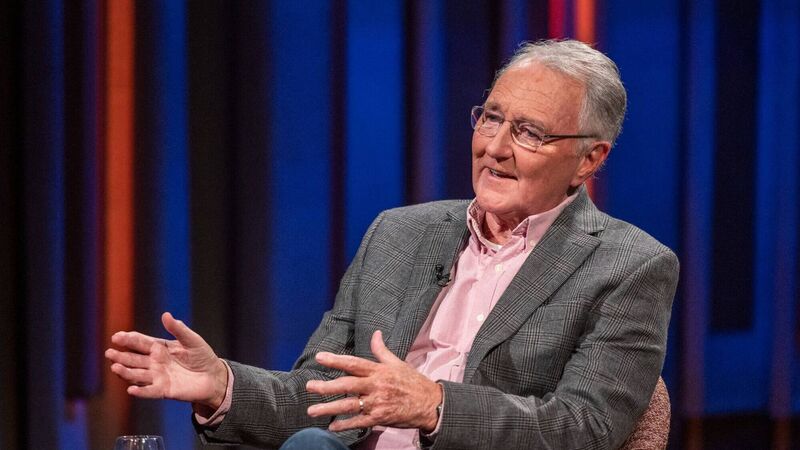Tommy Tiernan Show review: Mike Murphy recalls the candid camera skit that never aired

Mike Murphy on the Tommy Tiernan Show
There were laughs a-plenty on Saturday night’s Tommy Tiernan Show when the comedian came face-to-face with former RTÉ broadcaster Mike Murphy.
Murphy, who is best known for legendary candid camera sketches on The Live Mike, recalled some moments from the show that stood out – including one skit they felt they had to cut.







